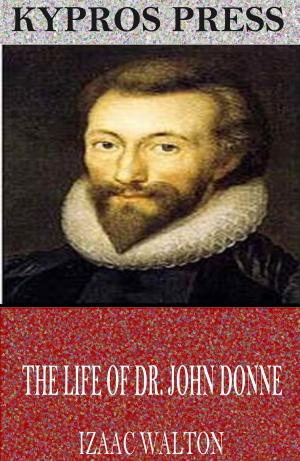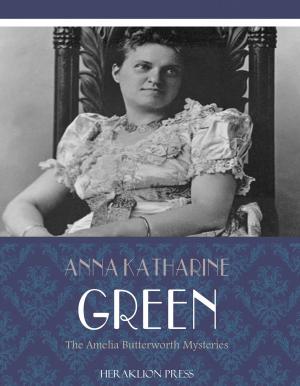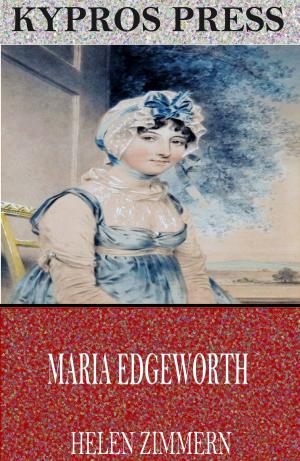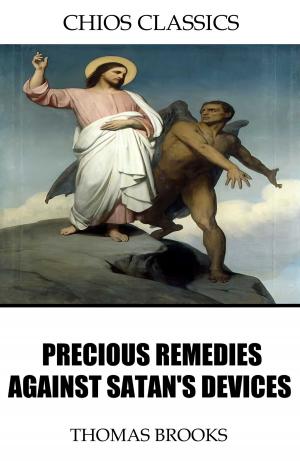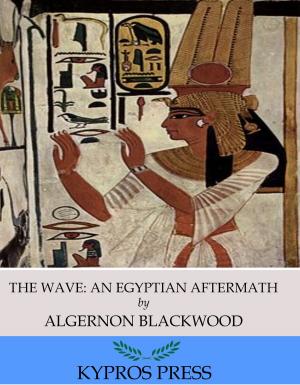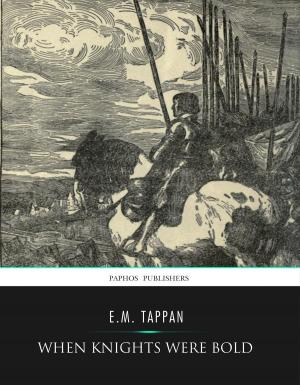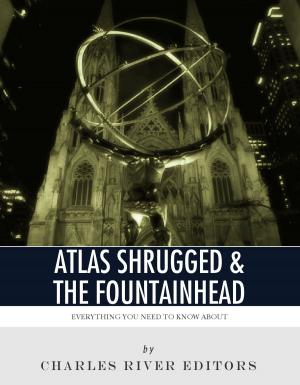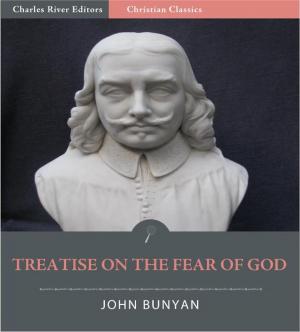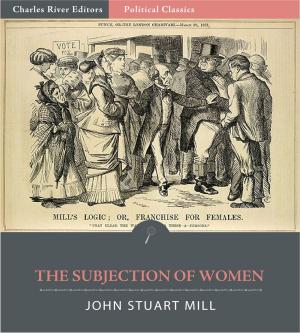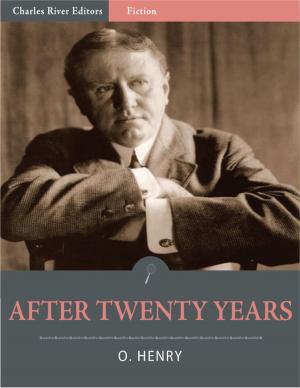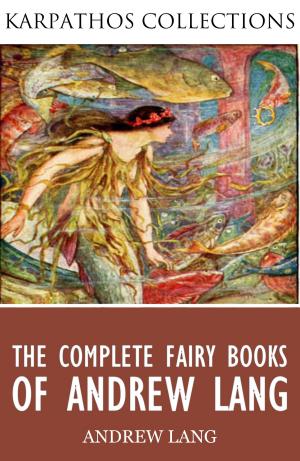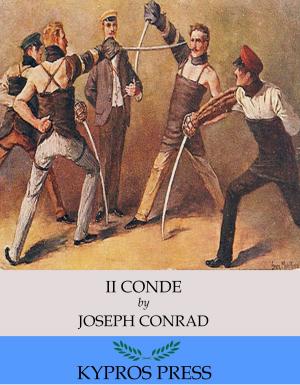A Discourse Touching Provision for the Poor
Nonfiction, Social & Cultural Studies, Political Science, Politics, History & Theory, History, British| Author: | Matthew Hale | ISBN: | 9781475303322 |
| Publisher: | Charles River Editors | Publication: | March 12, 2012 |
| Imprint: | Language: | English |
| Author: | Matthew Hale |
| ISBN: | 9781475303322 |
| Publisher: | Charles River Editors |
| Publication: | March 12, 2012 |
| Imprint: | |
| Language: | English |
Sir Matthew Hale SL (1 November 1609 25 December 1676) was an influential English barrister, judge and jurist most noted for his treatise Historia Placitorum Coronæ, or The History of the Pleas of the Crown. Born to a barrister and his wife, who had both died by the time he was 5, Hale was raised by his father's relative, a strict Puritan, and inherited his faith. In 1626 he matriculated at Magdalen Hall, Oxford, (now Hertford College) intending to become a priest, but after a series of distractions was persuaded to become a barrister like his father thanks to an encounter with a Serjeant-at-Law in a dispute over his estate. On 8 November 1628 he joined Lincoln's Inn, where he was called to the Bar on 17 May 1636. As a barrister, Hale represented a variety of Royalist figures during the prelude and duration of the English Civil War, including Thomas Wentworth and William Laud; it has been hypothesised that Hale was to represent Charles I at his state trial, and conceived the defence Charles used. Despite the Royalist loss, Hale's reputation for integrity and his political neutrality saved him from any repercussions, and under the Commonwealth of England he was made Chairman of the Hale Commission, which investigated law reform. Following the Commission's dissolution, Oliver Cromwell made him a Justice of the Common Pleas. As a judge, Hale was noted for his resistance to bribery and his willingness to make politically unpopular decisions which upheld the law. He sat in Parliament, either in the Commons or the Upper House, in every Parliament from the First Protectorate Parliament to the Convention Parliament, and following the Declaration of Breda was the Member of Parliament who moved to consider Charles II's reinstatement as monarch, sparking the English Restoration. Under Charles, Hale was made first Chief Baron of the Exchequer and then Chief Justice of the King's Bench. In both positions, he was again noted for his integrity, although not as a particularly innovative judge. Following a bout of illness he retired on 20 February 1676, dying ten months later on 25 December 1676. Hale is almost universally appreciated as an excellent judge and jurist, with his central legacy coming through his written work, published after his death. Among these was A Discourse Touching Provision for the Poor, an example of Hales beneficience. This edition of A Discourse Touching Provision for the Poor is specially formatted with a Table of Contents.
Sir Matthew Hale SL (1 November 1609 25 December 1676) was an influential English barrister, judge and jurist most noted for his treatise Historia Placitorum Coronæ, or The History of the Pleas of the Crown. Born to a barrister and his wife, who had both died by the time he was 5, Hale was raised by his father's relative, a strict Puritan, and inherited his faith. In 1626 he matriculated at Magdalen Hall, Oxford, (now Hertford College) intending to become a priest, but after a series of distractions was persuaded to become a barrister like his father thanks to an encounter with a Serjeant-at-Law in a dispute over his estate. On 8 November 1628 he joined Lincoln's Inn, where he was called to the Bar on 17 May 1636. As a barrister, Hale represented a variety of Royalist figures during the prelude and duration of the English Civil War, including Thomas Wentworth and William Laud; it has been hypothesised that Hale was to represent Charles I at his state trial, and conceived the defence Charles used. Despite the Royalist loss, Hale's reputation for integrity and his political neutrality saved him from any repercussions, and under the Commonwealth of England he was made Chairman of the Hale Commission, which investigated law reform. Following the Commission's dissolution, Oliver Cromwell made him a Justice of the Common Pleas. As a judge, Hale was noted for his resistance to bribery and his willingness to make politically unpopular decisions which upheld the law. He sat in Parliament, either in the Commons or the Upper House, in every Parliament from the First Protectorate Parliament to the Convention Parliament, and following the Declaration of Breda was the Member of Parliament who moved to consider Charles II's reinstatement as monarch, sparking the English Restoration. Under Charles, Hale was made first Chief Baron of the Exchequer and then Chief Justice of the King's Bench. In both positions, he was again noted for his integrity, although not as a particularly innovative judge. Following a bout of illness he retired on 20 February 1676, dying ten months later on 25 December 1676. Hale is almost universally appreciated as an excellent judge and jurist, with his central legacy coming through his written work, published after his death. Among these was A Discourse Touching Provision for the Poor, an example of Hales beneficience. This edition of A Discourse Touching Provision for the Poor is specially formatted with a Table of Contents.

